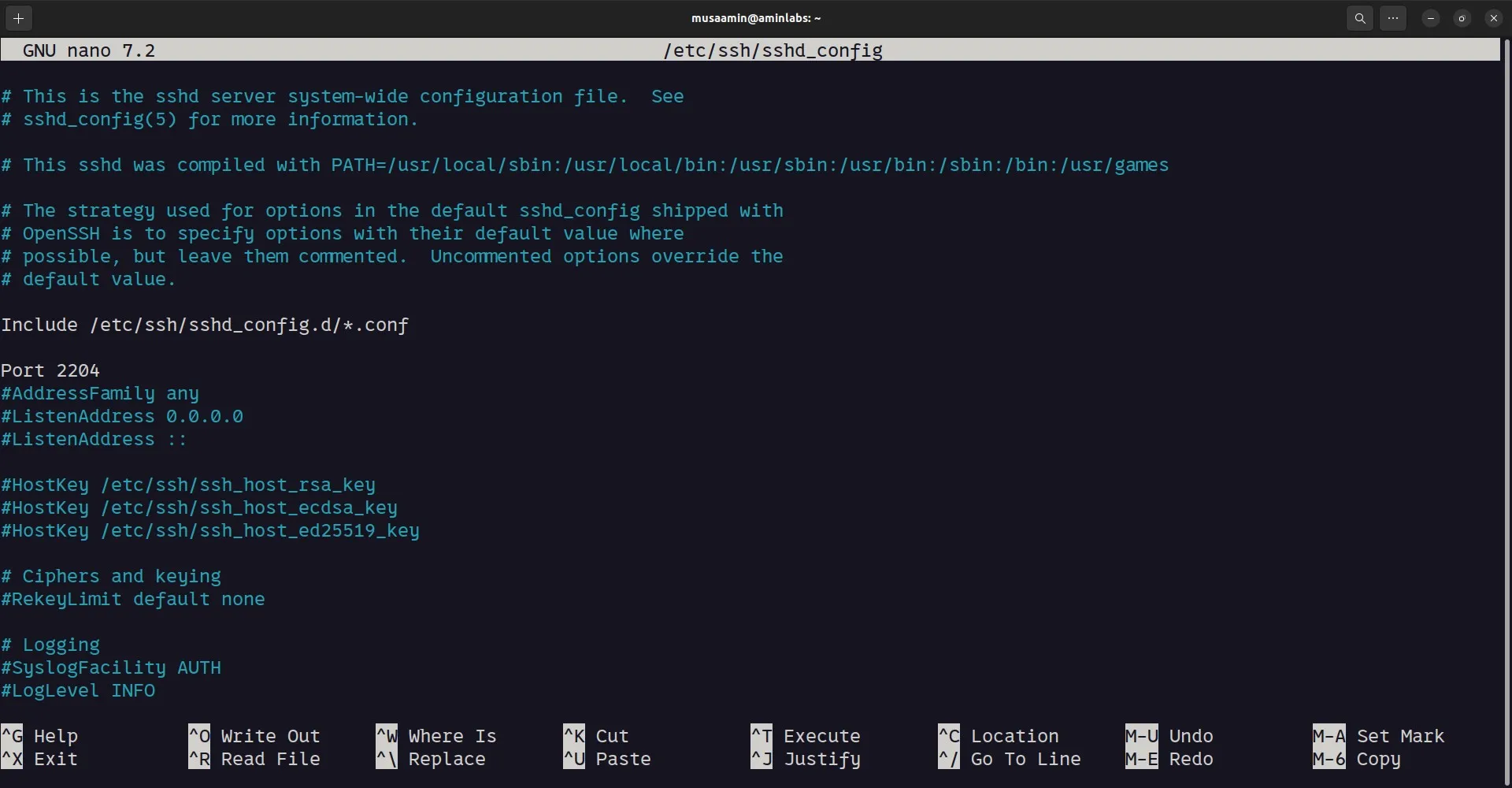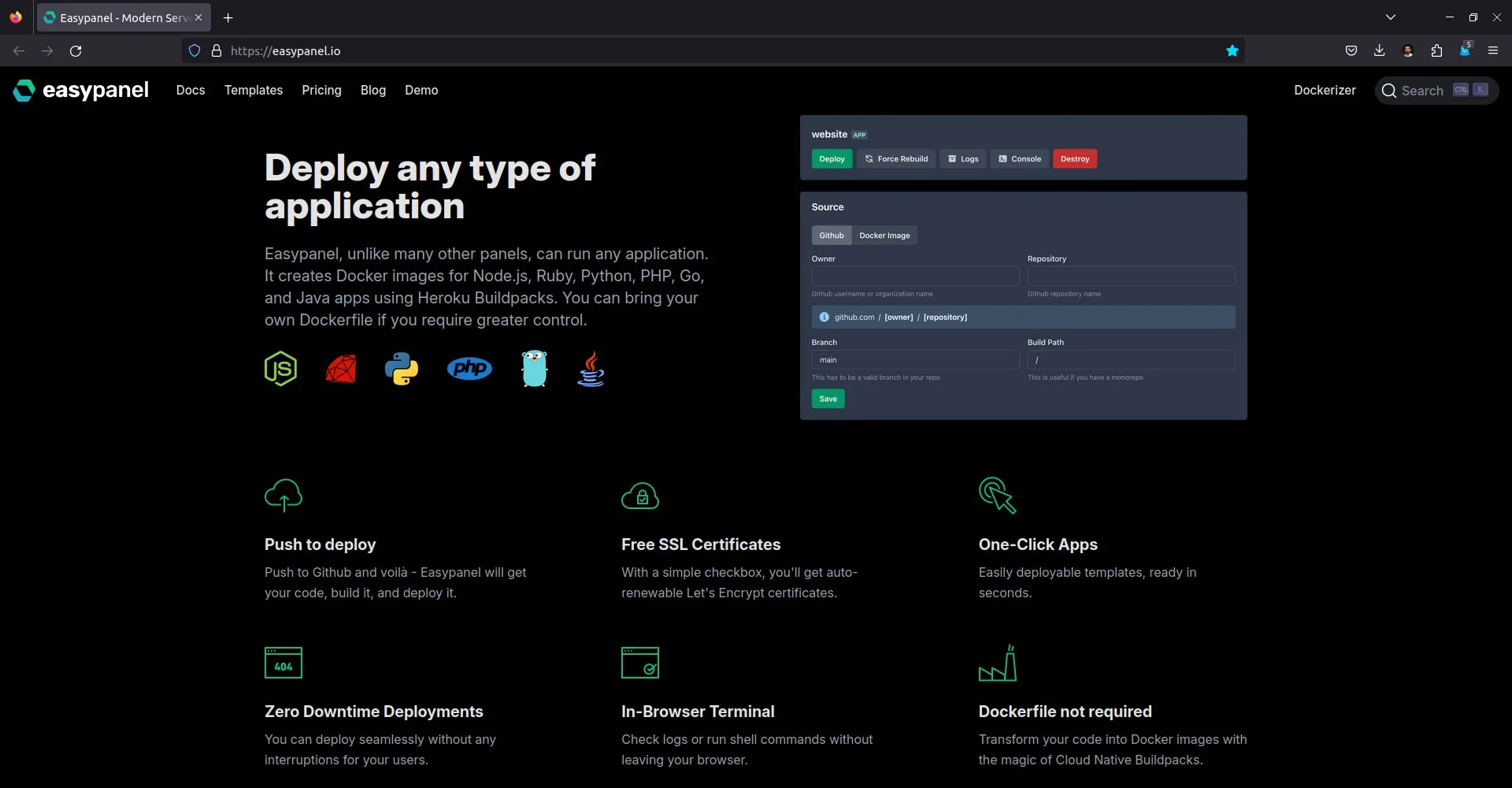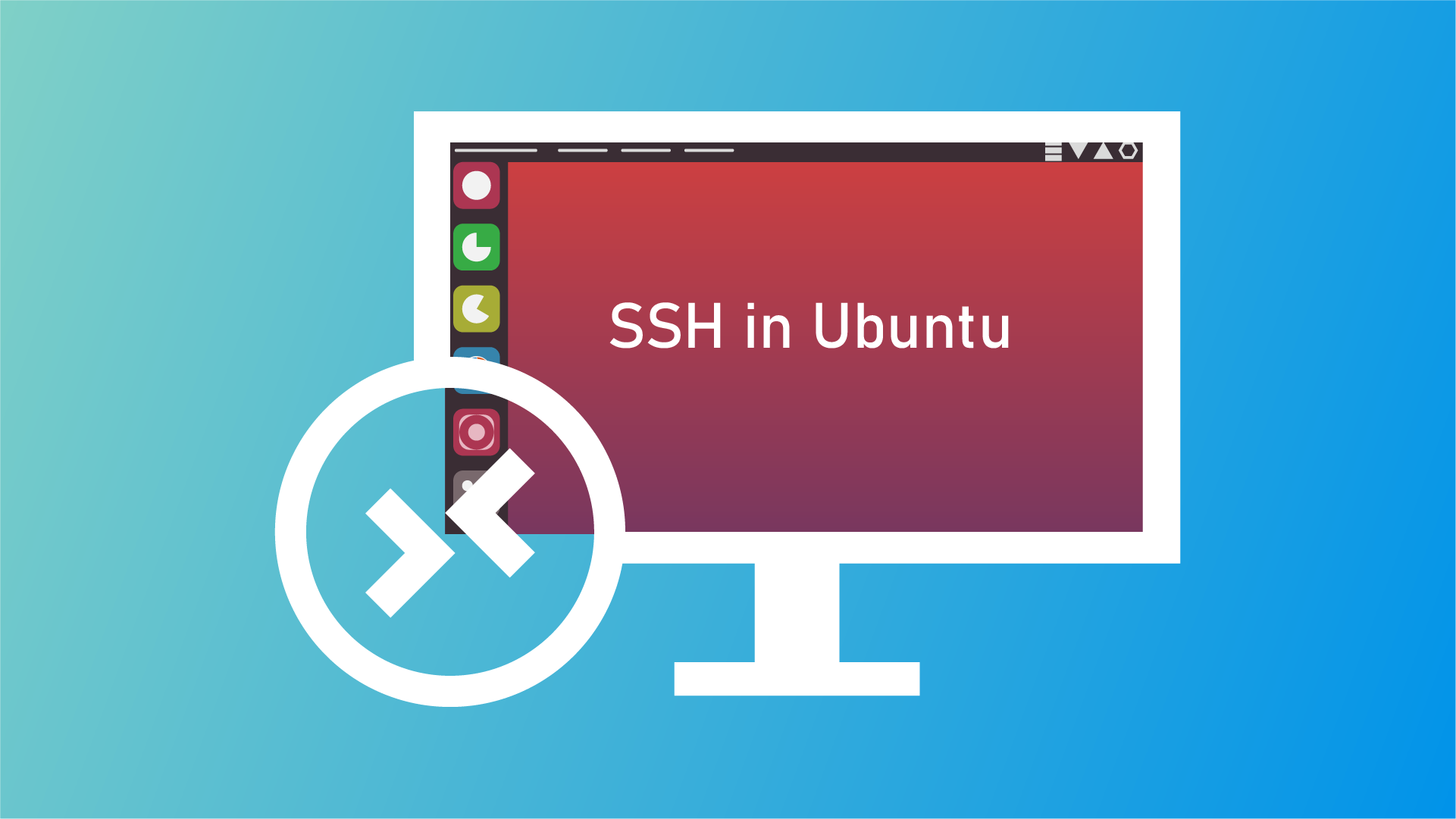Remoteiot Web SSH Download Ubuntu: Securely Access Your IoT Devices
Setting up your smart gadgets and remote servers can feel a bit like building a tiny, connected universe. You want to make sure everything talks to each other safely, and you want to be able to check in on things from anywhere. That, is that, where the idea of secure, distant access truly shines, especially when it comes to managing your Internet of Things (IoT) devices.
Think about controlling a light in your home from miles away, or perhaps keeping an eye on a small server running in a different room. You need a way to send commands and get information back without anyone else peeking in. That's where something called SSH, or Secure Shell, really helps out. It creates a private, protected pathway for your information, so it's very safe.
When you bring together the power of SSH with a system like Ubuntu, which is a popular computer operating system, and a platform for managing IoT devices called remoteiot, you get a really strong way to handle all your distant gadgets. This combination, remoteiot web ssh download ubuntu, lets you manage devices from a web browser, making things super convenient. It's almost like having your devices right there with you, no matter where you are, and getting it all set up is pretty straightforward once you know the steps.
- 124 Squid Game Death
- Unistar Two Babies One Fox
- Lamar Jackson Injury History
- Player 125
- Aishah Sofey Leak Free
Table of Contents
- What is Remoteiot Web SSH Download Ubuntu and Why Does It Matter?
- Getting Started: Downloading Ubuntu for Remoteiot
- Setting Up Your Remoteiot Web SSH Environment on Ubuntu
- Using Remoteiot Web SSH for Device Management
- Beyond the Basics: Advanced Tips and Tools
- Frequently Asked Questions About Remoteiot Web SSH Download Ubuntu
- Conclusion: Your Next Steps to Remote IoT Control
What is Remoteiot Web SSH Download Ubuntu and Why Does It Matter?
People who work with smart devices or manage their own small servers often need a simple, yet strong, way to connect to them from far away. This is where the whole idea of remoteiot web ssh download ubuntu comes into play. It's about getting everything ready so you can reach your devices over the internet using a secure method, which is pretty important these days, actually.
It's not just about turning things on or off. It's about having full control, getting updates, and making sure everything is working as it should. This setup helps you do all that without needing to be physically next to your device. So, it's very handy for anyone with distant equipment, like a Raspberry Pi running a home automation system, for example.
The Heart of Secure Remote Access: SSH
SSH, or Secure Shell, is basically a secret handshake for computers. It lets you talk to a computer that's far away in a way that no one else can listen in. This means your commands and any information you send are kept private, which is a big deal for security, as a matter of fact.
- Bonnie Blue 1000 People Video
- Aishah Sofey New Leaked
- Ripped Reiley
- Aishah Sofey Erome
- Tess Dinerstein White Horse
When you use SSH, it sets up a protected tunnel. Through this tunnel, you can type commands, move files, and even run programs on the distant machine as if you were sitting right in front of it. This secure connection is really the backbone of managing any distant system, especially your IoT devices, you know.
Bringing It All Together: Remoteiot and Ubuntu
Ubuntu is a widely used operating system, a bit like Windows or macOS, but it's often preferred for servers and small computers like the Raspberry Pi because it's stable and has a lot of tools. When you combine Ubuntu with remoteiot, a platform made for managing IoT devices, you get a very complete package. This allows you to keep an eye on your devices and control them from anywhere, which is quite useful.
Remoteiot web ssh offers a smooth way to connect to your Ubuntu-powered devices through a web browser. This means you don't always need special software on your local computer; you can just open a browser and get to work. It's a pretty neat solution for staying connected to your smart home or server setup, so.
Getting Started: Downloading Ubuntu for Remoteiot
Before you can start managing your IoT devices with remoteiot web ssh, you'll need to get Ubuntu onto your chosen device, perhaps a Raspberry Pi or an old computer you're turning into a server. The download part is usually quite simple, but picking the right version is important, you know.
Picking the Right Ubuntu Version
Ubuntu comes in different flavors, each suited for different needs. For IoT devices or servers, you'll often want the "Ubuntu Server" edition. This version doesn't have a graphical desktop, which makes it lighter and faster, using fewer resources. It's typically better for devices that just run in the background, as a matter of fact.
If you're using a Raspberry Pi, there's a specific Ubuntu version called "Ubuntu Server for Raspberry Pi." Make sure you pick the one that fits your device's architecture, like ARM for Raspberry Pi, or x86 for a regular computer. Choosing the correct version helps everything work together smoothly, so.
The Ubuntu Download Process
Getting Ubuntu is pretty straightforward. You just go to the official Ubuntu website, which is a good place to start for any downloads related to it. There, you'll find the download links for the various versions. You'll download an image file, which is basically a complete copy of the operating system, you know.
Once you have the image file, you'll need a tool to put it onto a USB stick or a microSD card, depending on your device. For Raspberry Pi, tools like Raspberry Pi Imager or Balena Etcher are often used. These tools make the process easy, getting your Ubuntu ready to go on your device, which is pretty helpful, actually.
Setting Up Your Remoteiot Web SSH Environment on Ubuntu
After you've got Ubuntu running on your device, the next step is to prepare it for remote connections using SSH. This involves installing a few things and making some small changes to the settings. It's usually a quick process, and it sets the stage for all your distant management, you know.
Installing OpenSSH Server on Ubuntu
Ubuntu usually comes with an SSH client, which lets you connect to other devices. But for other devices to connect to your Ubuntu machine, you need to install the SSH server part. This is called OpenSSH Server, and it's quite simple to add, as a matter of fact.
You can open a terminal window on your Ubuntu device and type a simple command: `sudo apt update` to refresh the software list, and then `sudo apt install openssh-server`. This command fetches and installs the necessary software. It's a key step to enable remote access, so.
Configuring SSH for Remote Access
Once OpenSSH Server is installed, you might want to adjust some settings for better security or convenience. The main configuration file is usually located at `/etc/ssh/sshd_config`. You can open this file with a text editor like `nano` or `vi` to make changes, which is pretty common, actually.
Common changes include changing the default SSH port (from 22 to something else) to deter basic scanning attempts, and perhaps disabling password login in favor of SSH keys. Using SSH keys is a much more secure way to log in, and it's something you should really consider, you know.
Making Your Connection Safe
Security is a very big deal when you're letting people connect to your devices from far away. Besides using SSH keys, you should also think about setting up a firewall on your Ubuntu device. A firewall helps control who can access your device and what they can do, which is very important, basically.
Ubuntu has a simple firewall tool called UFW (Uncomplicated Firewall). You can allow SSH connections only from specific IP addresses or networks, for example, to add an extra layer of protection. Keeping your software up to date also helps keep things safe, as a matter of fact.
Using Remoteiot Web SSH for Device Management
With your Ubuntu device set up and OpenSSH ready, you can now start using remoteiot web ssh to manage your distant gadgets. This is where all your hard work pays off, as you get to experience the convenience of browser-based control. It's a pretty smooth way to interact with your systems, you know.
Controlling Your IoT Gadgets
Through the remoteiot platform, you'll be able to open a web-based SSH session to your Ubuntu device. From there, you can type commands just as if you were sitting in front of it. This means you can start or stop services, check system status, or run any script you've created for your IoT setup, which is quite powerful, so.
Whether it's a home automation system running on a Raspberry Pi or a small server hosting a website, you have full command. This capability is very useful for quick fixes or regular maintenance, making distant management much simpler, actually.
Transferring Files with Ease
Managing distant devices often means you need to move files back and forth. Maybe you need to upload a new program version, or perhaps download some data logs from your sensors. SSH makes this very simple, and remoteiot web ssh typically provides tools to help with this too, you know.
You can use commands like `scp` (secure copy) or `sftp` (SSH file transfer protocol) directly within your web SSH session. These commands allow you to securely copy files between your local computer and your distant Ubuntu device. It's a pretty handy feature for any project involving remote data, as a matter of fact.
Monitoring Your Devices Remotely
Keeping an eye on your devices is a big part of managing them. With remoteiot web ssh, you can check on their health, see how much memory they're using, or look at any error messages. This helps you catch problems early, which is pretty important, you know.
You can run commands to view system logs, check network connections, or even see sensor readings if your IoT device is set up to provide them. This kind of distant oversight is what makes remoteiot such a valuable tool for anyone with smart devices spread out, so.
Beyond the Basics: Advanced Tips and Tools
Once you're comfortable with the core setup of remoteiot web ssh download ubuntu, there are other tools and methods that can make your distant device management even better. These can help with more complex tasks or simply make your workflow smoother. It's good to know about these options, actually.
Visual Studio Code Server for Remote Work
If you're a developer, you might use Visual Studio Code for writing code. Did you know you can run a Visual Studio Code server directly on your distant Ubuntu machine? This lets you use your favorite code editor to work on files stored on your IoT device or server, all from your web browser, which is pretty cool, you know.
This means you don't have to constantly transfer files back and forth to edit them. You can just open your browser, connect to your Visual Studio Code server, and start coding. It's a very efficient way to develop for distant systems, as a matter of fact.
Putty for Windows Users
While remoteiot web ssh gives you browser access, sometimes you might prefer a dedicated SSH client on your local computer. For Windows users, Putty is a very popular and free choice. It lets you connect to your Ubuntu device directly from your desktop, which is pretty convenient, so.
Putty provides a simple window where you can type your SSH commands and see the output. It's a reliable tool that many people use for distant connections, and it's good to have in your toolkit alongside web SSH options, you know.
Automating with Remoteiot API
For those who want to take their device management to the next level, remoteiot often provides an API (Application Programming Interface). This means you can write your own programs or scripts to automatically interact with your devices through the remoteiot platform. It's a pretty advanced feature for truly hands-off management, actually.
You could, for example, write a script that automatically checks the status of all your devices every hour and sends you a report. This kind of automation can save a lot of time and effort, especially if you have many devices to manage, so.
Frequently Asked Questions About Remoteiot Web SSH Download Ubuntu
People often have questions about setting up and using remote access for their devices. Here are some common ones that might come up, you know.
How do I set up remote SSH for IoT devices on Ubuntu?
To set up remote SSH on Ubuntu for your IoT devices, you first need to install the OpenSSH server. You can do this by opening a terminal and typing `sudo apt install openssh-server`. After that, you might want to adjust the configuration file, `/etc/ssh/sshd_config`, for better security, like changing the port or setting up SSH keys. It's a straightforward process, as a matter of fact.
What are the benefits of using web SSH for remote IoT management?
Using web SSH for distant IoT management offers several good things. One big benefit is that you can access your devices from any computer with a web browser, without needing to install special software. It makes things very convenient and accessible. Plus, it still uses the secure SSH protocol to keep your connections private, which is pretty important, so.
Is remoteiot web SSH secure for my devices?
Yes, remoteiot web SSH uses the SSH (Secure Shell) protocol, which is known for its strong security features. It encrypts all communication between your local machine and your distant device, protecting your data from prying eyes. However, it's still up to you to follow good security practices, like using strong passwords or, even better, SSH keys, and keeping your Ubuntu system updated. This helps keep things very safe, you know.
Conclusion: Your Next Steps to Remote IoT Control
Getting your distant devices under control with remoteiot web ssh download ubuntu is a really smart move for anyone with smart gadgets or small servers. It gives you the freedom to check on things and make changes from anywhere, all while keeping your connections private and safe. As of October 26, 2023, this approach remains a very practical way to handle your digital world, and it's constantly improving, so.
The journey from setting up Ubuntu to securely connecting through web SSH opens up many possibilities for managing your IoT setup. You can explore more about Ubuntu Server downloads on their official site, for example. You've seen how to get Ubuntu ready, set up SSH, and use remoteiot to control your devices. Now, you can really start making your distant systems work for you, which is pretty exciting, actually.
To learn more about secure device management on our site, and to see other guides, you can link to this page for more insights. Keep exploring, keep learning, and keep your connections secure. This kind of distant access really makes managing your connected world a lot easier, you know.
- Froot Vtuber Cheating
- Tails Comic Two Babies One Fox
- From Champion To Inspiration Ronnie Coleman Now
- Qatar Airways Iran Flights
- Tess Dinerstein White Horse

How to Change SSH Port in Ubuntu 24.04 • Linux & Open Source

How to Change SSH Port in Ubuntu 24.04 • Linux & Open Source

Ubuntu Enable SSH: A Step-by-Step Tutorial - Linovox